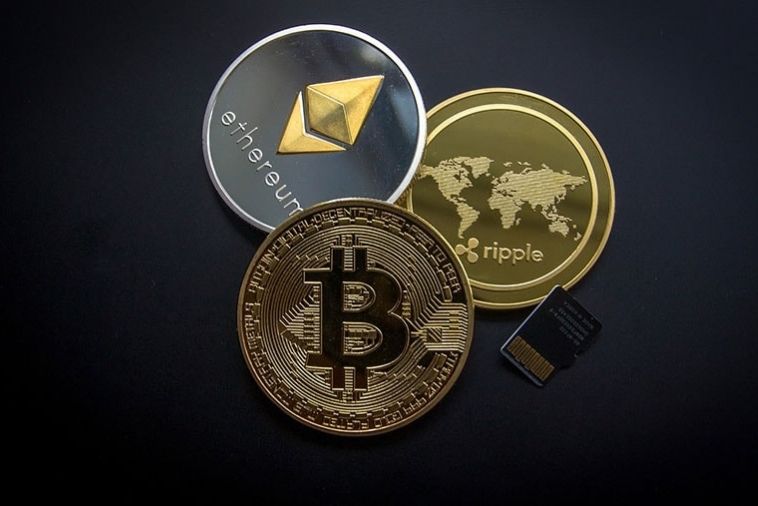Some say that meaningful change happens gradually. Others insist it erupts unexpectedly. This week, we saw that both are true.
Earlier this week, the Wyoming Banking Board voted to approve the application from San Francisco-based crypto exchange Kraken for a Special Purpose Depositary Institution (SPDI) banking charter. Yes, one of the crypto industry’s oldest exchanges has become a bank.
This is a big deal, one that heralds a coming transformation of the crypto asset industry. Market participants and commentators understandably reacted with glee and surprise. Both are warranted, yet both overlook the bigger shift that has been building up for some time, and which will have an even more significant change on how finance functions.
Good news
First, to understand the excitement, let’s look at what this means for Kraken.
A SPDI is a bank charter, but it is not a traditional bank in that it can’t make loans. It also is not required to have FDIC insurance, since there is no solvency risk stemming from fractional reserve banking – 100% of its deposits have to be backed by assets on hand.
Pending approval, this should give the firm’s subsidiary Kraken Finance access to an account at the Kansas City Federal Reserve, which gives it access to the U.S. payments system. This will make it easier for clients to move funds on and off the exchange, as well as allow for the launch of new products such as debit cards, IRA accounts and wealth management services.
Also, Kraken Finance will be able to custody both fiat and crypto assets, with more oversight and legal protection for clients than a trust company can offer. Client confidence will get a further boost through the additional capital that banks are required to hold, and through the required contingency account.
And, although it is chartered in Wyoming, Kraken Finance will be able to operate in most U.S. states under a unified regulatory framework through reciprocity agreements, possibly even returning to operate in New York, more than five years after its public departure in response to the BitLicense.
This is good for Kraken, but also for the industry as a whole, as it will facilitate onboarding for a range of businesses and institutions that are only comfortable entrusting financial transactions to a bank. It also takes steps towards solving the perennial problem many crypto businesses have in getting a banking license for operational needs. Opening an account at a digital asset bank should support both fiat and crypto liquidity. And the emergence of a competitor to the few banks serving digital asset businesses should give customers greater choice and better conditions.
And finally, Kraken is likely to be the first of many firms moving to take advantage of the business opportunity that being a digital asset bank promises. This will continue to boost institutional confidence in the crypto industry, and support the growth of related banking services that further incorporate digital assets into users’ daily lives.
Click to next page to continue reading



